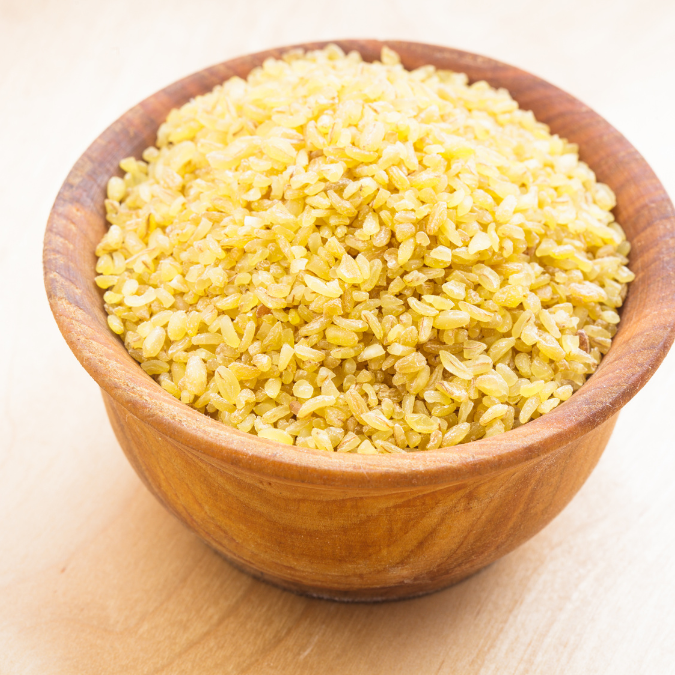The journey of exploring foods that fit a gluten-free lifestyle can be both adventurous and challenging. A common food in question for many is bulgur. “Is bulgur gluten-free?” many wonder. In this blog post, we’ll deep dive into what bulgur is and its relation to gluten.
Bulgur: An Introduction
Bulgur is a whole grain made from cracked wheat, primarily from durum wheat. It’s been a staple in Middle Eastern, Mediterranean, and even some European cuisines for centuries. Bulgur is valued for its nutty flavor, quick cooking time, and nutritional benefits, making it a favored ingredient in dishes like tabbouleh and kibbeh.
The Gluten Context
Gluten is a protein complex found mainly in wheat, barley, and rye. It gives bread and dough its elastic texture. However, for individuals with conditions like celiac disease, gluten sensitivity, or wheat allergy, consuming gluten can lead to a range of adverse reactions.
So, Is Bulgur Gluten-Free?
The straightforward answer is no, bulgur is not gluten-free. Here’s why:
- Origin: Since bulgur is derived from wheat, it inherently contains gluten. Its preparation and cooking processes do not remove this protein.
- For Those with Gluten Concerns: Individuals with celiac disease, gluten sensitivity, or a wheat allergy should avoid bulgur to prevent potential reactions.
Points to Ponder
- Cross-Contamination: Even if you’re not particularly sensitive to gluten but are trying to reduce its intake, be aware that foods processed in the same facilities as bulgur might get contaminated with gluten. Always check labels and opt for products that are certified gluten-free.
- Alternative Grains: If you’re looking for gluten-free grains that can be used similarly to bulgur, consider quinoa, rice, or gluten-free oats. While they don’t offer the exact taste or texture as bulgur, they can be delicious and nutritious substitutes.
- Always Check Labels: If you’re purchasing any processed foods or are unsure of their ingredients, always read the labels. They can provide vital information on potential allergens and the product’s gluten content.
In Conclusion
Bulgur, while nutritious and an integral part of many traditional dishes, contains gluten. For those on a strict gluten-free diet, it’s essential to find alternative grains that suit your dietary needs. Thankfully, the world of grains is vast, and with a bit of exploration, you can find delightful and wholesome alternatives. Here’s to health, knowledge, and great food!
